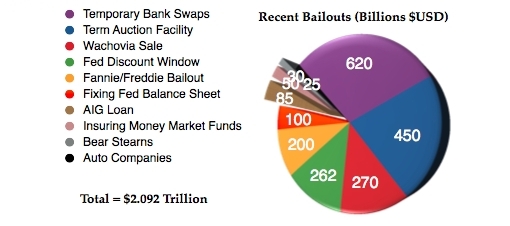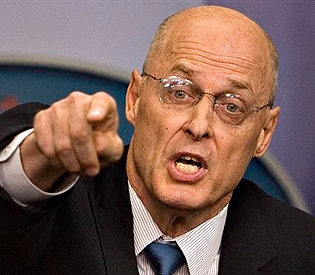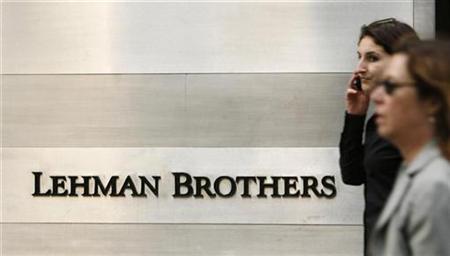WASHINGTON: Federal regulators will guarantee as much as $1.4 trillion in U.S. banks’ debt in a bid to get the distressed financial system pumping again. They also took steps to make it easier for private investors to buy failed banks seized by the government.
Against a bleak economic backdrop, news that New York Federal Reserve President Timothy Geithner is President-elect Barack Obama’s choice for Treasury secretary gave battered Wall Street a shot in the arm Friday. The Dow Jones industrials zoomed nearly 500 points as stocks erased roughly half the losses racked up the prior two days. Investors have been seeking a clear message from Obama on who will lead his economic brain trust during the financial crisis.
Directors of the Federal Deposit Insurance Corp. voted to approve the bank-debt guarantee program, which is part of the government’s financial rescue package. The FDIC program is meant to break the crippling logjam in bank-to-bank lending by guaranteeing the new debt in the event of payment default by the borrowing bank.
Some analysts have said that freeing up bank-to-bank lending with the guarantees won’t necessarily translate into a thaw in broader lending as banks are still wary of making loans to businesses and consumers.









